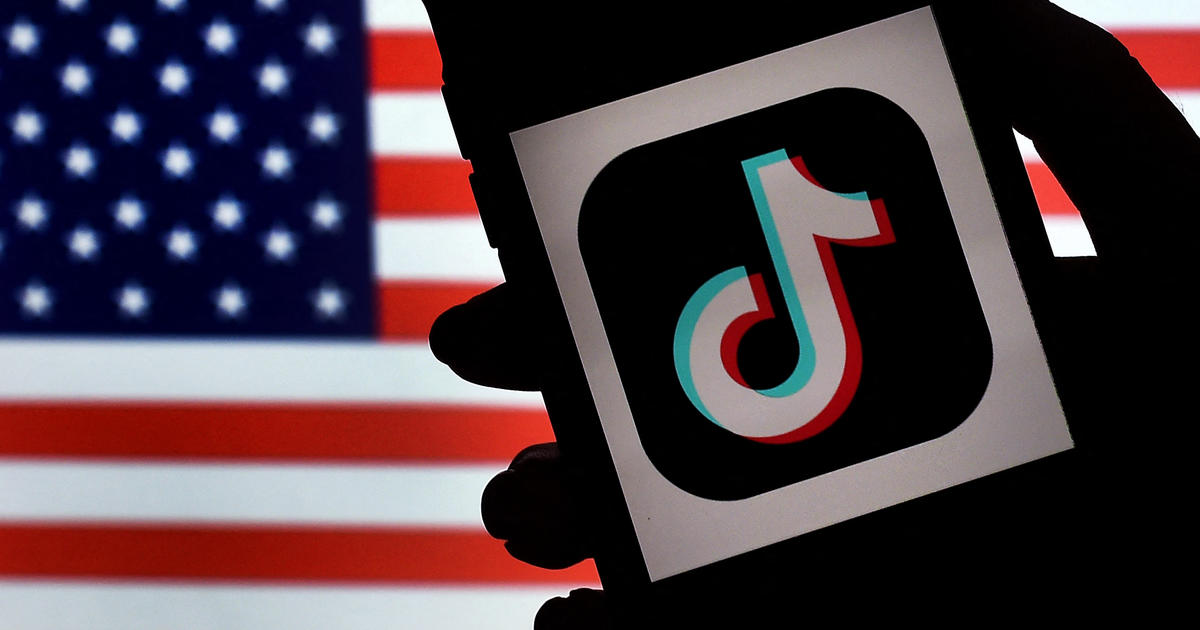Key takeaways:
- A federal judge has blocked a Montana law that would have banned the popular video-sharing app TikTok in the state.
- The law would have made it illegal for any person or business to offer the app for download, and would have held app stores and TikTok liable for any violations.
- The ruling is a victory for TikTok users in Montana, and a reminder of the importance of protecting the constitutional rights of users and businesses.
A federal judge has blocked a Montana law that would have banned the popular video-sharing app TikTok in the state. U.S. District Judge Donald Molloy issued a preliminary injunction on Thursday, saying that the law, SB 419, “oversteps state power and infringes on the constitutional rights of users and businesses.”
The law, which was signed into law by Republican Governor Greg Gianforte in May, was set to take effect on January 1, 2021. It would have made it illegal for any person or business to offer the app for download, and would have held app stores and TikTok liable for any violations.
In his ruling, Judge Molloy wrote that the law “would have a chilling effect on the free speech rights of users and businesses,” and that it “would have a significant impact on the ability of Montanans to access and use the app.”
Montana Attorney General Austin Knudsen said that the judge “indicated several times that the state law was unconstitutional.” A spokesperson for TikTok said that they were “pleased the judge rejected this unconstitutional law and hundreds of thousands of Montanans can continue to express themselves, earn a living, and find community on TikTok.”
The ruling is a victory for TikTok users in Montana, who can now continue to use the app without fear of legal repercussions. It is also a reminder of the importance of protecting the constitutional rights of users and businesses, and the power of the courts to uphold those rights.



Be First to Comment